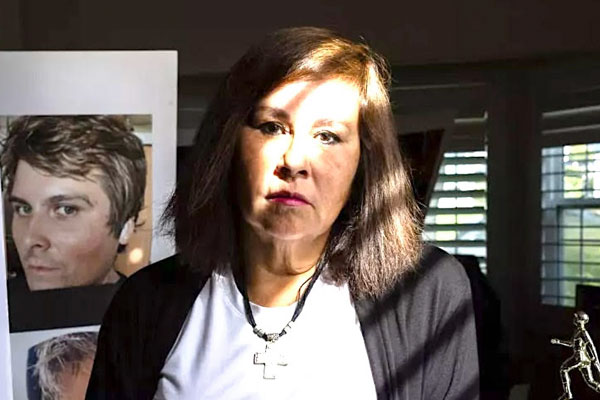WHERE IS LOVE? –
Aug. 23, 2024 – This spring, Vera-Schubert reached out again, saying Bobby had relapsed. On April 12, a roommate found him slumped over his desk in his dorm, apparently overdosed from fake Xanax pills laced with fentanyl. Bobby Schubert was 29. The Schuberts’ tragedy speaks to the need for greater public health response to overdoses … A big reason for that lack of action is a lack of data, says Christina Freibott, a researcher at Boston University. “There’s nothing that tracks, specifically, college campuses,” she says. “They are not always aware of the cause of student death. If it was an overdose or something else.” Medical privacy often shields that information, she says. And even if students are revived from an overdose, for example, they’re very unlikely to report the incident to school officials.
Overdoses are shrouded in secrecy and shame, says Monica Vera-Schubert. That devastating night, as she stood outside her son’s dorm and wailed over her son’s body, she felt shunned; no one from UCLA, the police, or medical examiner spoke to, or consoled her. “My son passed away, there in the dorms on the university, and nobody wants to say anything.”



